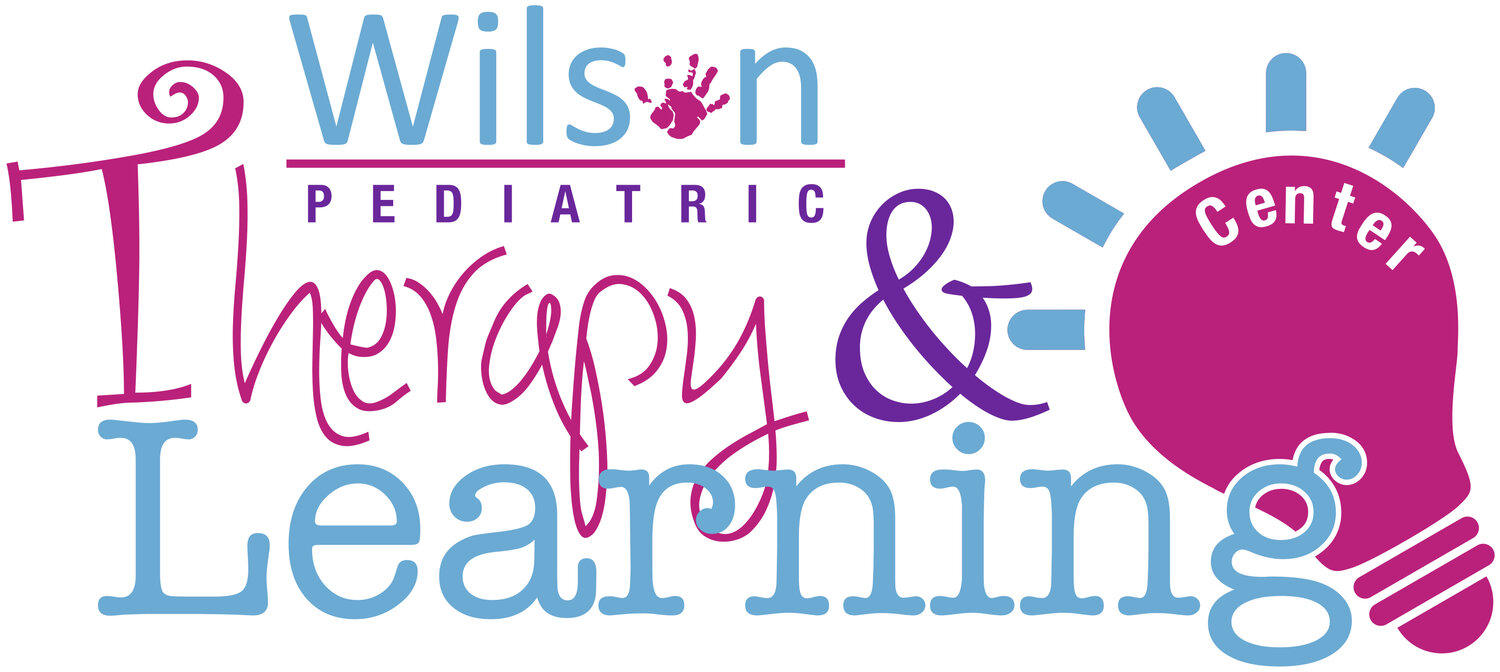What is Play Therapy?
Many people look at this picture and see a mess to be cleaned up. But, for a play therapist, this is evidence of a child communicating their needs. Kids often don’t have the words to tell us what they need, what’s bothering them, or how they’re feeling. In many ways, play - and toys - are kids’ words.
To a play therapist, this picture tells a story of a kiddo who carries some heavy things. They were anxious about being in a new space. They worry about a lot of big things. They haven’t been able to make sense of those things on their own and don’t know what to do with their big feelings. This is a kiddo who doesn’t often feel in control of their life, which is scary for kids. This “mess” came with the opportunity to decide what they wanted to do, including whether or not they wanted to put things away. This opportunity to make these choices helped this kiddo start to feel safe in this space and with the therapist. And feeling safe is an important first step in therapy.
In the same way traditional therapy gives adults an opportunity to talk things out, play therapy allows kids to ‘play out’ their feelings and experiences. Then, the play therapist is there to help the child make sense of things and develop more effective strategies to manage their world. Allowing children to play helps them feel safe, comfortable, and understood in a way that is difficult and often not possible with traditional talk therapy. It also allows kids the opportunity to problem solve and build important skills in ways that are most natural to them.
Kids are amazing communicators. They just don’t always communicate as adults, which sometimes makes it hard for us to know how best to support them. There are many different reasons a child may come to play therapy. Kids who have experienced hard or traumatic things (such as parents’ separation, abuse or neglect, grief and loss, bullying, etc.), those with mental health diagnoses (e.g., ADHD, anxiety, depression, autism spectrum disorder, conduct disorders, etc.), or kids who have other emotional or behavioral issues often benefit from play therapy. Even though it seems like kids are just playing, play therapy is strongly supported through research as an effective way to help kids.

